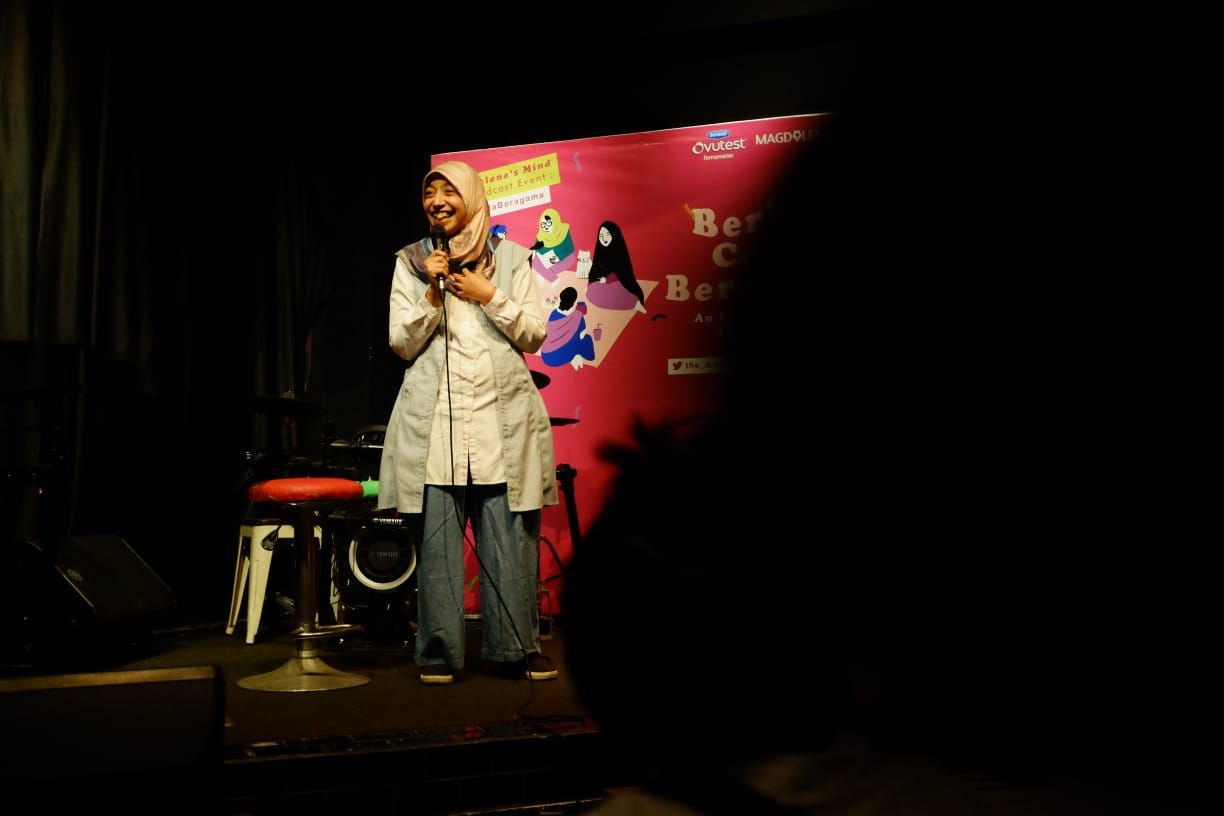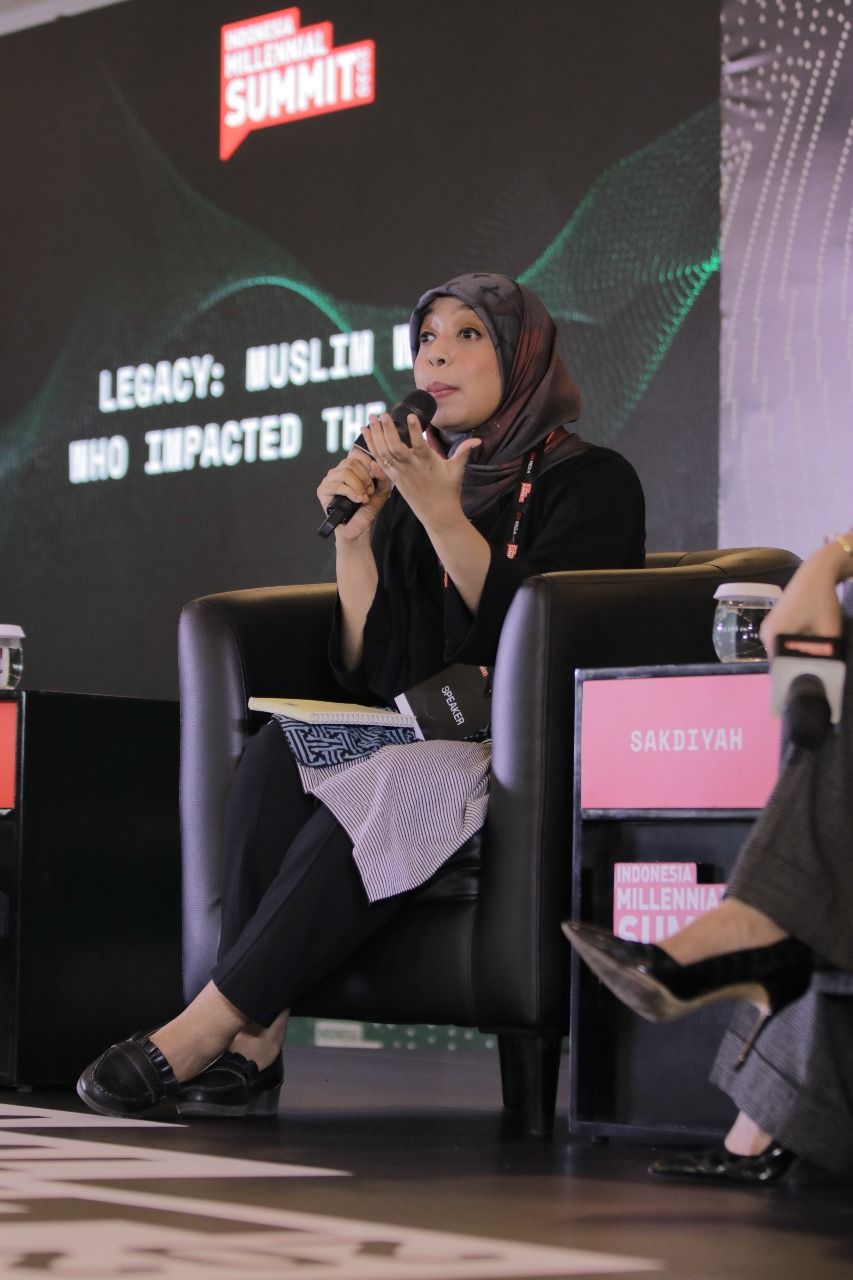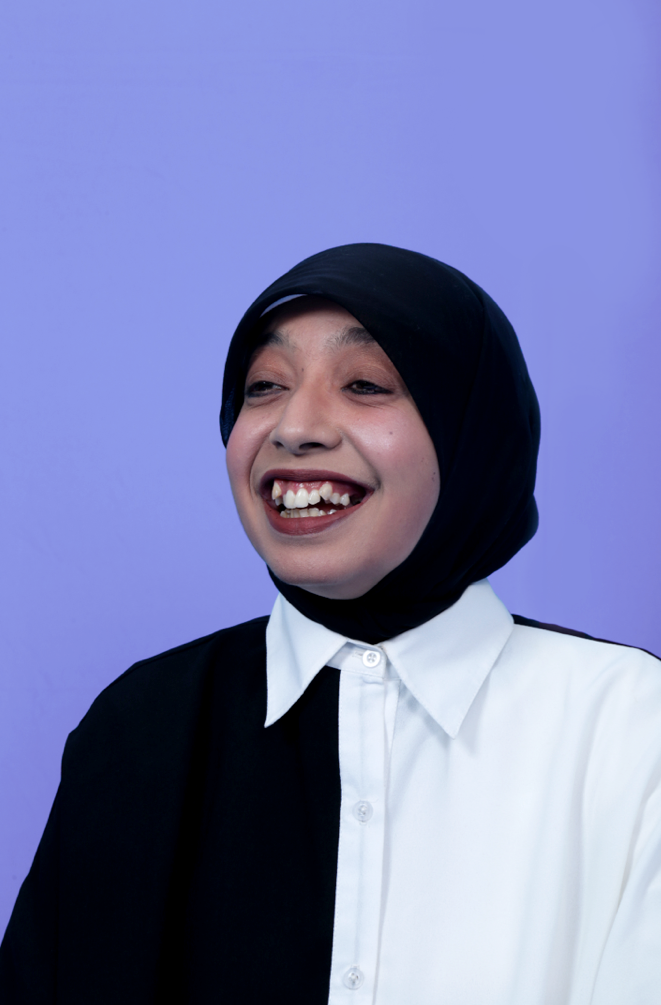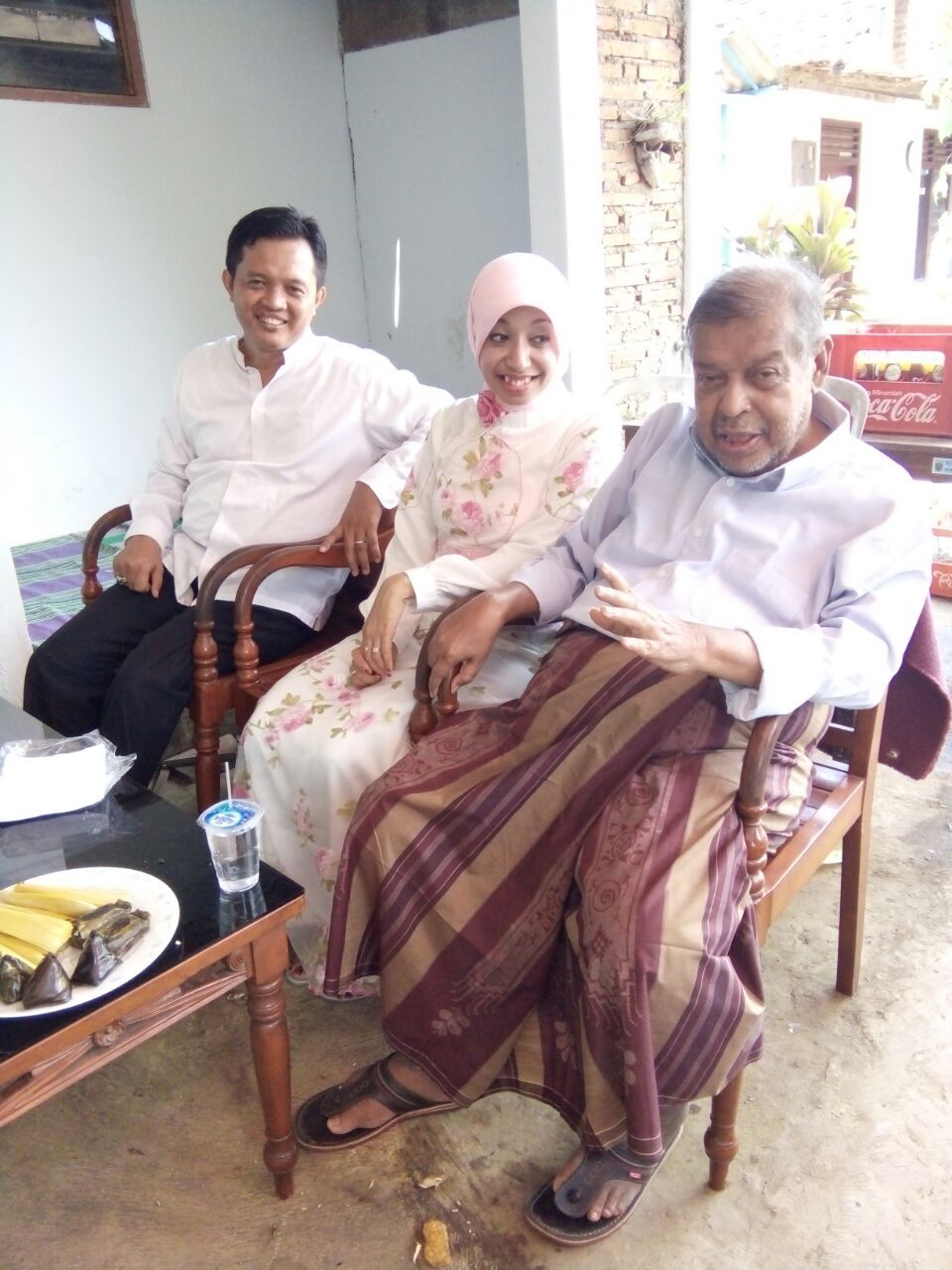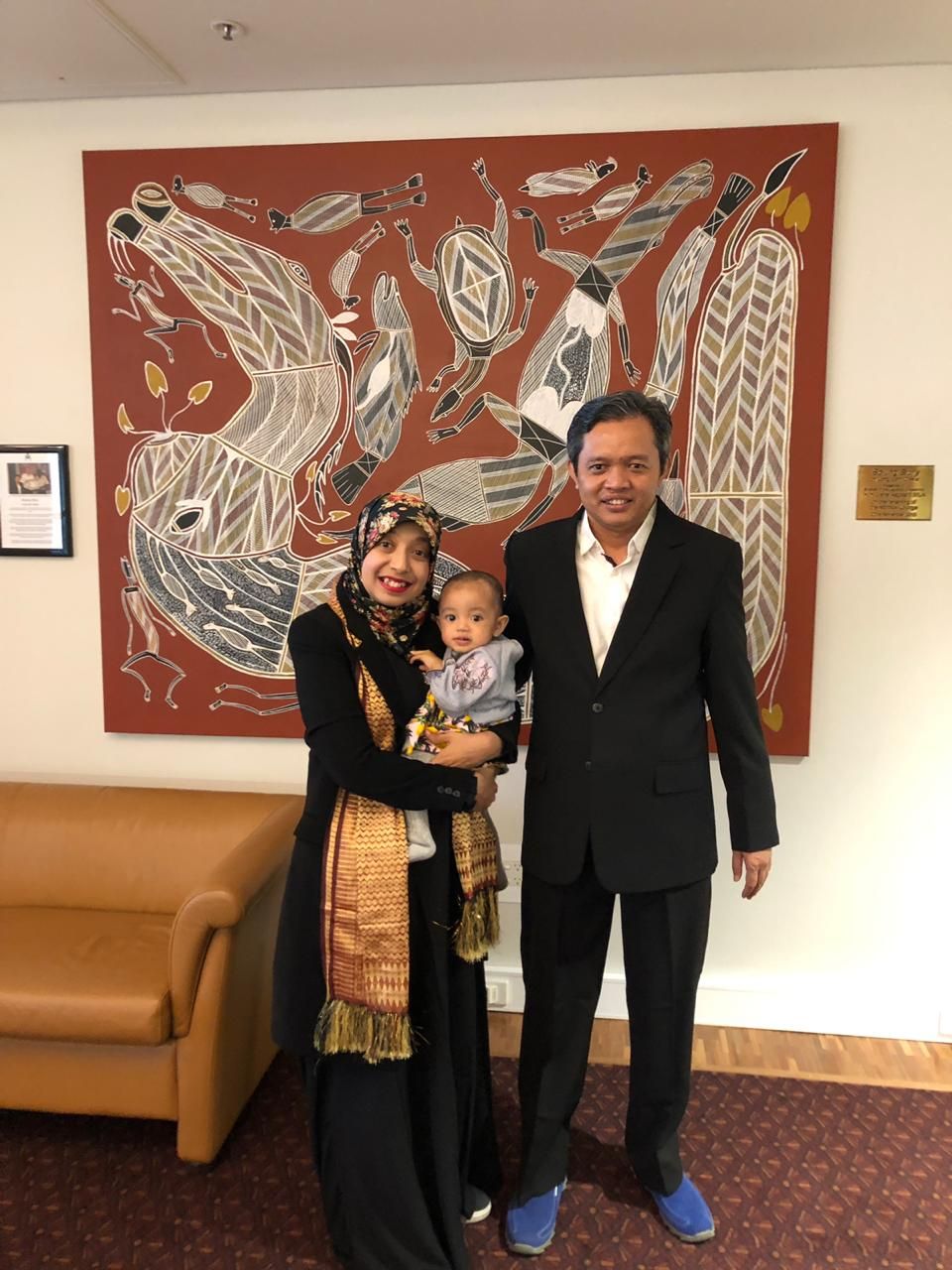The Indonesian comedian on her mission to challenge discrimination with humour, and the four life-defining turning points that helped her get to where she is today
“I’m not using comedy to gain fame,” says Sakdiyah Ma’ruf.
The Indonesian comic has no aspirations to be a household name, but she wants her message to be talked about in homes around the world.
“To me, comedy isn’t just about entertainment,” she says. “I use comedy as a medium for dialogue—to spark a conversation, to highlight issues that I think are important and to allow people to share laughter, but then have a conversation about it.”
Her passion stems from her upbringing in a conservative Muslim community—her home country ranks 85th globally on the scale of gender parity. “[That's why] a lot of my material focuses on criticising conservative practices and how those practices impact women,” she says. “And the power of humour is that because of its subtlety it can help to address even the most sensitive or difficult topics, and aim the most aggressive attacks at those who are in positions of power.”
Ma’ruf hopes that her very presence in public as a female Muslim comic will encourage other women from all walks of life to eventually feel comfortable enough to share their own stories and opinions. “I want to be acknowledged as a great comedy writer, not just for me, but to really dismantle all of those stereotypes that are preventing women from simply laughing.”
Her bold aspirations have led to global recognition—even if that wasn't the original aim. As well as her selection on the Gen.T List 2019, Ma'ruf was the only Indonesian named in the BBC's 100 Women List 2018, and was awarded the Václav Havel Prize for Creative Dissent at the Oslo Freedom Forum in 2015.
Here, Ma’ruf tells Gen.T about four of the biggest moments in her life—turning points that shaped her personal and professional journey, and set her on the path to who she is today.
“Watching Live On Broadway by Robin Williams”
When she was at university, Ma’ruf says she was constantly looking for an outlet to express her creativity, as well as her political views. At first, she turned to student activism, organising rallies and seminars.
But one day—within the space of a few hours, in fact—she realised how she could make a difference in the world.
“I was watching a DVD—well, a pirated DVD to be exact! I was watching Live On Broadway by Robin Williams and I suddenly realised that comedy was there all along,” she says. “[The show] made me see how beautiful comedy is an art form, and how effective comedy is in delivering a message.”
Ma’ruf says she still remembers the jokes Williams made in the performance. “He was joking about the US president at the time, George W Bush, and it made me realise that instead of rallying on the street, protesting government policy—which I’m all for as well—people’s voices can be heard through comedy too. You can talk about everything that is wrong with the economy and governmental policies in one sentence.”
“I’d been looking for a way to express my creativity, so I thought: ‘I have to do this.’ That very year I auditioned for a comedy talent show in Jakarta.”
See also: MFT Group Founder Mica Tan On Starting Her Multimillion-Dollar Investment Firm At 19
